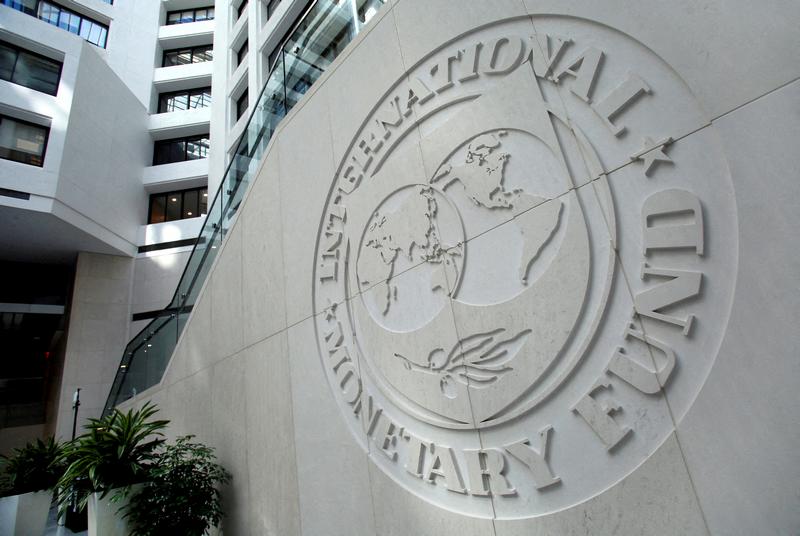You can now listen to Antigua News articles!

Despite ongoing economic growth in Antigua and Barbuda and across the Caribbean, the World Bank is calling for urgent government action due to the stagnation of growth in the region.
In its recent report titled “Competition: The Missing Ingredient for Growth?” the World Bank emphasizes the critical need for immediate action in Latin America and the Caribbean (LAC) despite the current growth trends falling short of what is required for sustainable prosperity.
The report underscores the importance of leveraging competition policies and institutions as a key component of any effective growth strategy.
The World Bank projects a modest regional gross domestic product (GDP) expansion of 1.6% in 2024, with growth rates of 2.7% and 2.6% anticipated for 2025 and 2026, respectively.
“These rates are the lowest compared to all other regions in the world, and insufficient to drive prosperity. With social transfers declining and wages not yet rebounding to pre-pandemic figures, many households are under pressure,” the bank said.
Antigua and Barbuda experienced a 5.7% economic growth in 2023, with an expected further growth of 8.1%.
Carlos Felipe Jaramillo, World Bank Vice President for Latin America and the Caribbean, highlights that persistent low growth hampers development by limiting public services, job opportunities, salaries, and exacerbating poverty and inequality. Urgent action is needed to break this cycle and unleash the region’s potential.
The World Bank attributes these low growth figures to factors like low investment and domestic consumption, high interest rates, fiscal deficits, declining commodity prices, and global uncertainties.
The report acknowledges positive aspects such as effective inflation management in the region but stresses the need for reforms in infrastructure, education, and trade to boost productivity and global integration.
William Maloney, World Bank chief economist for Latin America and the Caribbean, emphasizes the importance of addressing “persistent obstacles that block its potential, including low education levels, poor infrastructure, and high investment costs, which also fuel social discontent.
“An agenda that drives growth forward is one that addresses these gaps seriously. Otherwise, the region will remain stuck and won’t be able to attract investments or seize new opportunities, such as nearshoring or the low-carbon economy. Improving competition systems should be part of these strategies, leading to improvements for consumers and businesses.”
The World Bank also warns against restricting competition when seeking to revive growth, as it could perpetuate the cycle of low productivity and growth.
To improve competition frameworks in LAC and enhance its global standing, the report recommends strengthening competition agencies, ensuring their independence, and enforcing their ability to implement antitrust and pro-competition regulations, particularly for larger businesses.
The report highlights the positive impact of effective domestic competition agencies on productivity, sales, and wages.
Additionally, the report underscores the need for innovation policies, managerial skill upgrades, and improved education to prepare businesses for increased competition.
This includes fostering managerial knowledge to help companies respond to markets, identify new opportunities, and stimulate workers.
























0 Comments